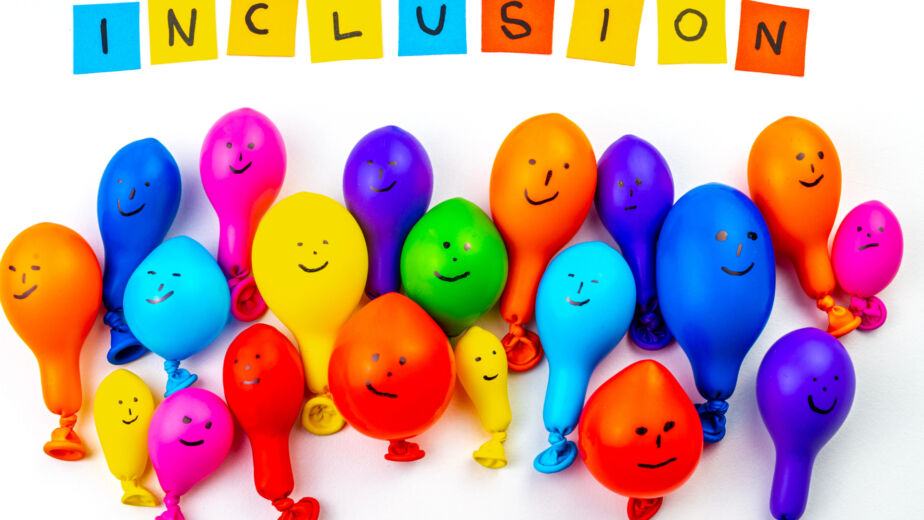“They weren’t acting out. They were just… outside. Waiting for someone to notice.”
Introduction: The Invisible Learners
They aren’t always the loudest or the ones who trigger alarms.
Sometimes they’re the kids who don’t raise their hand, who miss a concept quietly, or who seem tired, detached, or “fine” on the surface. But beneath that surface are learners navigating invisible challenges—often without anyone knowing they’re struggling.
At thrvehub, we call them the learners in the gap. And our mission is to build a bridge back to them.
“The child who is quiet, but watches everything… is still asking to be included.”
Autism parent
Who falls through the cracks?
The reasons children fall through the cracks aren’t always academic. Often, they are a combination of emotional, social, cultural, and systemic factors. Here are some of the most common profiles:
• Neurodivergent students who mask their behaviours or internalise stress
• Students learning English who don’t yet have the confidence to engage
• Kids with trauma histories, whose executive function or memory is impaired
• Gifted students who are bored and disengage quietly
• Children in care or unstable home environments
• Students with undiagnosed learning differences
The one thing they have in common? They’re missed—not out of neglect, but because systems are built to spot the extremes, not the silent in-between.

Why They Get Overlooked
It’s easy to notice the child who disrupts or struggles loudly. But the ones who disengage quietly, comply without comprehension, or “fly under the radar” don’t always raise red flags.
They might:
• Appear compliant but not connect with the content
• Seem introverted but are actually anxious or confused
• Struggle with attendance or lateness but never explain why
• Be seen as lazy when they’re overwhelmed or dysregulated
These students might hear:
“Just try harder.”
“They’ll catch up.”
“They’re quiet but capable.”
But what they really need is connection, curiosity, and someone willing to ask: Are you really okay?
The Emotional Cost of Being Missed
When students are regularly unseen or misunderstood, it can affect:
• Self-esteem – Feeling like a failure or like they don’t belong
• Academic confidence – Believing they’re not “smart” or capable
• Behaviour – Masking stress or eventually disengaging entirely
• Future opportunities – Missing out on tailored support or alternative pathways
Long term, this can impact not just learning, but identity.
What Educators, Parents & Aides Can Do
1. Practice Soft Noticing
Notice patterns of withdrawal, silence, confusion, or fatigue. Don’t mistake quiet for okay.
2. Use Universal Design for Learning (UDL)
Build in multiple ways to show understanding—visuals, oral discussion, movement.
3. Check in Without Pressure
Instead of “Why didn’t you finish this?”, try “That looked tricky. Want to show me how far you got?”
4. Give Emotional Language
Help them label what they’re feeling. Use visuals, emotion charts, or simple phrases like “My brain feels full.”
5. Co-regulate
Model calm presence and teach self-regulation. Some students need a grounded adult to help them reset.
6. Advocate
If a child feels unsupported, share your observations. Advocate for assessments, IEPs, or sensory breaks.
7. Make Belonging the Goal
Academic success starts with emotional safety. Belonging must come first.
What Schools Can Build Into the System
• Quiet check-in zones at school start
• Mentor programs to build trust over time
• Strength-based profiles that highlight what learners do well
• Flexible assessments to reduce pressure
• Training on trauma-informed practice and neurodivergence
When these systems are in place, children don’t have to shout to be seen.
We’ve built resources for these exact moments:
• Emotion cards to help with feelings
• Social stories for transitions and emotional safety
• Downloadable inclusion kits for classroom aides
• Short video modules for parents and teachers on supporting students quietly struggling
We believe that every learner deserves to be seen—even the quiet ones, even the misunderstood ones.



